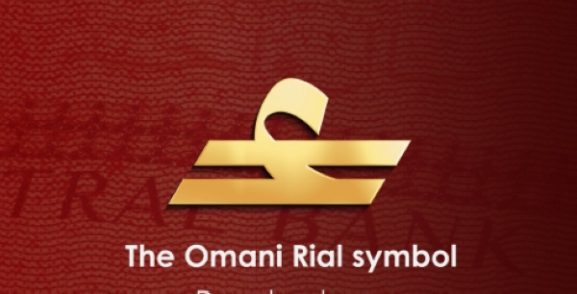Labour Ministry Eases Work Permit Rules: What This Means for Businesses and Investors in Oman
MUSCAT: The Ministry of Labour has issued Ministerial Resolution No. 602/2025, introducing a comprehensive package of facilitation measures, fee reductions, and exemptions aimed at enhancing the work permit system in the Sultanate of Oman. This resolution governs the issuance of work and practising permits, simplifying administrative procedures for employers while safeguarding workers’ rights.
A key change extends the validity of work permits for non-Omani employees from 15 to 24 months. This adjustment responds to longstanding employer requests to align work permits with residency periods, reducing administrative burdens, cutting costs, and promoting workforce stability for businesses operating in Oman.
The resolution also allows employers to upgrade a worker’s profession classification within the work permit—from a lower to a higher category—by paying only the difference in fees, without needing to issue a new licence. This provides greater operational flexibility and streamlines human resource management, ensuring compliance with labour regulations.
Targeted social exemptions have been introduced for vulnerable groups. People with special needs, elderly individuals unable to care for themselves, recipients of family income benefits, and those with health conditions requiring special care are exempt from paying licensing fees when hiring domestic workers, private nurses, nannies, private drivers, or home health aides. This measure helps ensure access to essential services without financial hardship.
In recognition of their societal contributions, civil society and humanitarian organisations will benefit from a reduced recruitment fee for non-Omani workers, lowered from RO 141 to RO 101. Additionally, businesses that meet Omanisation targets will receive a 30 percent fee reduction, while fees will double for establishments failing to comply. This underscores the government’s dedication to promoting Omani employment and corporate social responsibility.
The resolution also caps late renewal fines at RO 500 per worker, easing financial pressure on employers and encouraging prompt compliance. It grants further exemptions from fees and fines in cases such as the death of a worker or employer, repatriation of workers, visa status changes, or when a worker files a labour complaint after contract expiration. These provisions aim to balance employer and employee rights and obligations.
Moreover, employers and individuals can reclaim licensing fees or obtain new licences for a nominal fee of RO 1 per worker in cases including failed medical examinations, visa refusals, repatriation within 90 days, or administrative cancellations. Fines will be waived under circumstances such as chronic illness, passport withholding by government authorities, bankruptcy, liquidation, or worker imprisonment.
Officials highlighted that these reforms are part of a broader strategy to modernise Oman’s labour system, improve efficiency, and foster a more flexible and transparent labour market. By streamlining procedures, reducing financial burdens, and providing social support, the Ministry aims to protect workers, support employers, and promote sustainable economic and social growth.
Through these initiatives, the Ministry reaffirms its commitment to creating a balanced labour market that meets both business and social welfare needs while prioritising vulnerable groups and ensuring safe, organised access to essential services throughout Oman. — ONA
Special Analysis by Omanet | Navigate Oman’s Market
The Ministry of Labour’s new resolution streamlines work permit processes and reduces fees, creating a more business-friendly environment that will likely lower operational costs and improve workforce stability. For businesses and investors, this signals an opportunity to expand and optimize human capital management while benefiting from incentives linked to Omanisation targets. Smart entrepreneurs should consider leveraging these reforms to enhance compliance, reduce administrative overhead, and tap into underserved service sectors catering to vulnerable groups, aligning growth strategies with Oman’s social and economic modernization goals.



